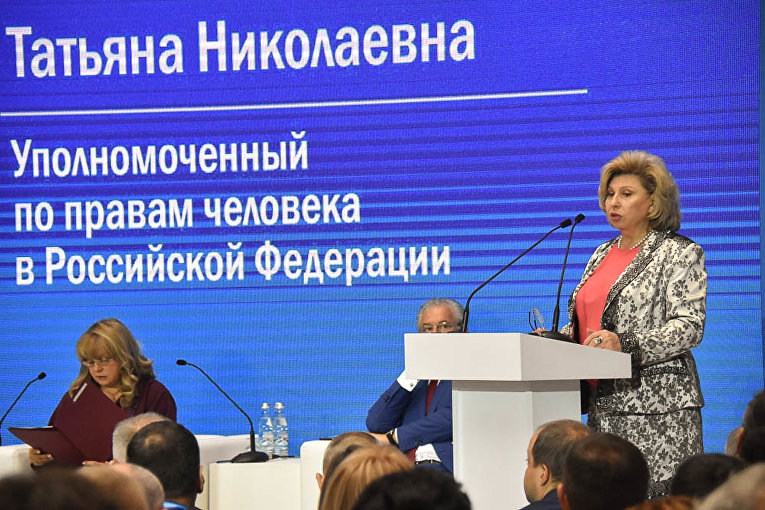MOSCOW, April 1 (RAPSI) — In 2020, Russia’s Rights Commissioner Tatiana Moskalkova received 448 appeals from citizens as concerns the realization of their right to turn to public authorities.
According to the Ombudsman, most such appeals, as in previous years, contained complaints about the organization of personal reception (57%). Citizens reported refusals to register, cases where senior officials sent their deputies and other subordinate employees to carry out personal receptions, undue behavior of those carrying out such receptions, lack of information about the respective procedures, Moskalkova said.
The Rights Commissioner added that every fifth or sixth complaint (18%) concerned the quality of the responses received from public authorities, in particular, incomplete or vague answers from state bodies, in which far from all the questions raised by citizens were resolved or contained no relevant information at all.
About 12% of the complaints received in 2020 indicated that officials violated the ban on submitting a complaint to the authority whose actions were being appealed, or expressed dissatisfaction with cases where senior officials redirected complaints for consideration by their subordinates, including prosecutors.
The Ombudsman also noted that about 10% of complaints were submitted in connection with failures to meet legally established 30-day deadlines for answering citizens’ petitions, or long waits for response on hot lines and online chats.
Moskalkova emphasized that the COVID-19 pandemic had a significant impact on the subjects of incoming citizens' appeals. For example, citizens complained about long waits when they turned to call centers in order to obtain quarantine-related passes, delays in the issue thereof, alleged unjustified cancellation of passes or refusals to issue the documents they needed; some of refusals resulted from irregularities in the COVID-19 databases, complaints stated.
The Rights Commissioner reported that after the appeals received were considered, there were given 246 legal consultations, 48 appeals could be positively resolved, of which 5 were concerned the protection of the rights of an indefinite circle of persons, targeted assistance was provided to 53 applicants.



